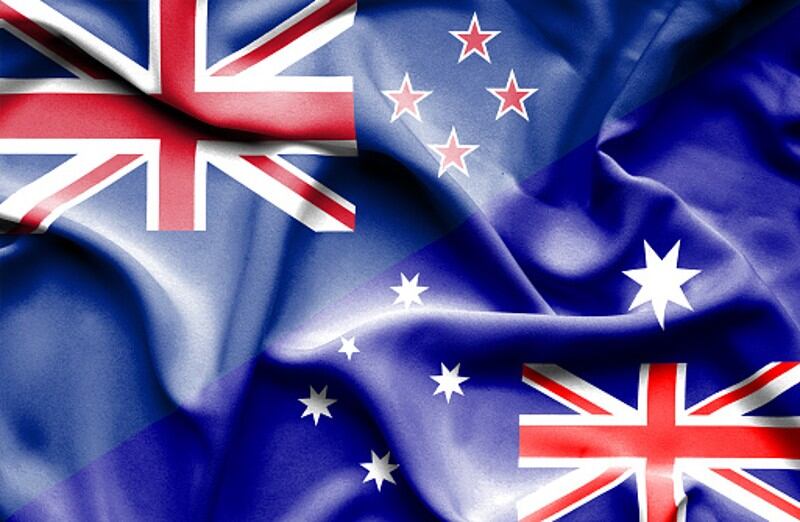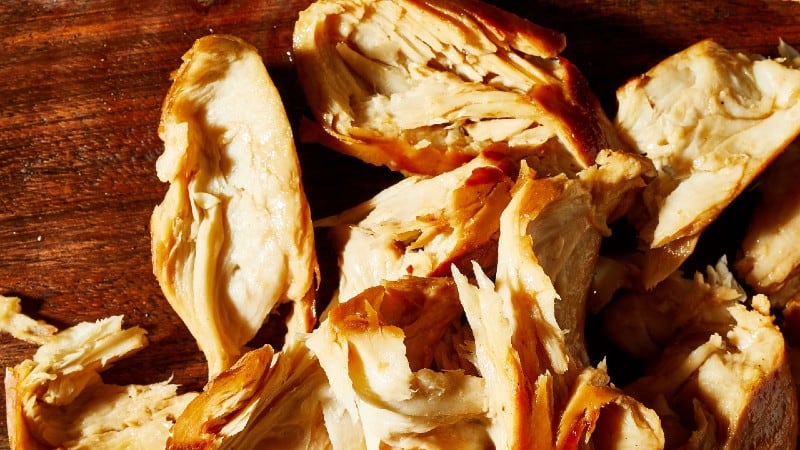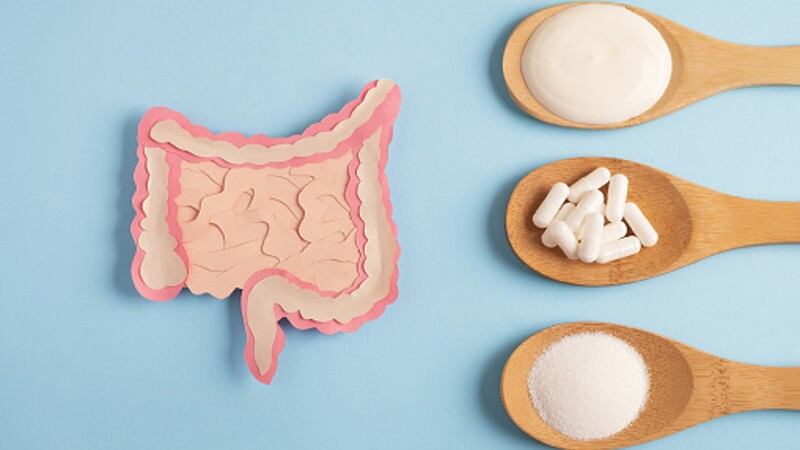Raising recyclability: Mondelez Australia pushes recycled soft plastic packaging to help hit 2025 targets
Snacking heavyweight Mondelez Australia believes that soft plastic packaging should not be viewed at as the enemy, but more should instead be done to boost its recyclability of this resource if the nation’s 2025 targets are to be achieved.
The use of soft plastic packaging is extremely widespread in the food and beverage industry, especially when it comes to the packaging of dry and processed food items such as snacks, bakery and confectionery.
Traditional soft plastics have also long come under fire from environmental groups for being a major contributor to environmental pollution, given these have conventionally been single-use and are known to be incredibly difficult to decompose.
This is a difficult conundrum for food and beverage manufacturers as this packaging is still needed in order to ensure food freshness, safety and extend shelf life – so many firms such as Mondelez believe that the recycling and use of recycled soft plastic packaging is crucial to ensure sustainability can be achieved within the sector.
Sodium overload: One-third of Australian toddlers consuming too much salt – national study
One-third of toddlers in Australia are consuming excess sodium in their daily diets, with experts stating the situation is so bad that simply reducing snack or discretionary foods intakes is insufficient.
New research from the national Australian Feeding Infants and Toddlers Study has revealed that many Australian children between the ages of one and two are currently overconsuming sodium as part of their daily diets.
Cleaning up snack foods: Big brand interest in cleaner and healthier options paving path for leaf protein sector
The interest in cleaner and better-for-you snacks shown by big food and beverage brands, including Mondelez, Nestle and Vitasoy, is paving the way for a new specialised area of plant-based proteins to enter the market, namely the RuBisCo leaf protein.
This is according to The Leaf Protein Co Co-Founder and CEO Fern Ho, who told FoodNavigator-Asia in the most recent episode of our F&B Trailblazers podcast that this rising interest from various big brands has served as a major catalyst for the firm’s rapid growth.
FrieslandCampina secures 2’-FL approval in ANZ, eyes HMO portfolio expansion
FrieslandCampina said its 2’-fucosyllactose trademarked Aequival has been approved by Australia’s and New Zealand’s authorities for use in infant milk formula, and that it is on track in expanding its human milk oligosaccharide (HMO) portfolio.
Lacto-N-tetraose (LNT), 3-fucosyllactose (3-FL), 3′-Sialyllactose (3′-SL), and 6′-Sialyllactose (6′-SL) are some of the other HMOs that the firm is focusing on.
Food Standards Australia New Zealand (FSANZ) granted the firm a 15-month exclusivity for its non-GMO 2’-FL fermented using lactose as a substrate. One of the most abundant HMOs, 2’-FL, together with other HMOs, serves as “food” for beneficial gut bacteria, especially Bifidobacterium.
Melatonin, green tea extract: Australian regulator considering changes to rules governing use in supplements
Australia’s Therapeutic Goods Administration (TGA) has proposed changes to the scheduling of melatonin and green tea extract, with new dosage indications for the former and a completely new entry into the Poisons Standard for the latter.
The hormone melatonin, produced naturally in the pineal gland, helps to regulate the circadian rhythm or natural sleep cycles through its release when the body is exposed to a dim or dark environment. Consumers often use melatonin products to stimulate production of the hormone in cases of disrupted sleep cycles and as such, can be used to treat jetlag as it can reset what many call the ‘body clock’.





